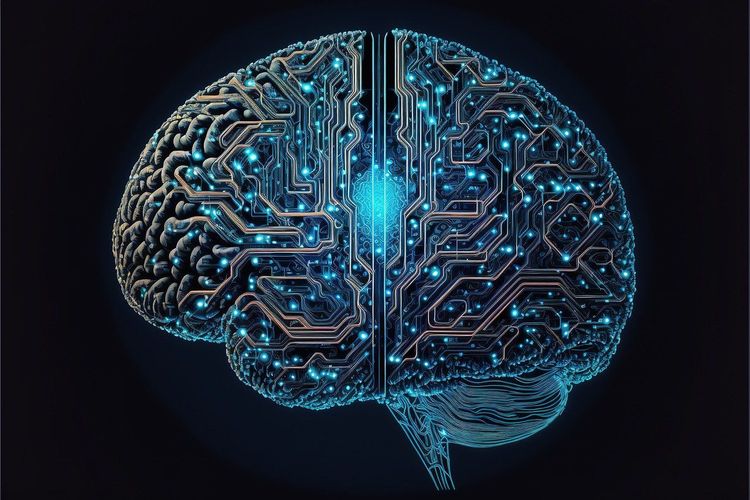A married man has found affirmation and understanding through his interactions with AI. Experts in the field, including MIT researcher Sherry Turkle, refer to this experience as an "illusion of intimacy." As the voice version of GPT-4 officially launches, we wonder what implications this will bring.
This man’s emotional journey stems from feeling a lack of closeness and understanding from his wife, whose attention has shifted towards their children, causing a yearning for the romance and attraction they once shared. Upon engaging with an AI companion to express his thoughts and anxieties, he discovered a sense of validation—free from judgment. This story highlights a growing societal phenomenon where users, including the married man, develop emotional attachments to AI entities.
Sherry Turkle, a pioneering sociologist studying the intersection of technology and human relationships, has long explored how people forge connections with inanimate objects. Her seminal book, The Second Self: Computers and the Human Spirit, published in 1984, examined technology's impact on our thoughts and feelings. In the 1990s, she began exploring emotional attachments to robots and electronic pets such as Tamagotchis and Furbies. Recently, rapid advancements in AI have accelerated the development of intimate relationships between humans and machines.
Chatbots now serve as personalized therapists and companions, and related apps have been downloaded millions of times. Turkle posits that individuals seeking relationships with AI reveal a peculiar social and psychological dilemma. She explains that AI can provide a "phantom" intimacy, devoid of the friction found in human friendships. This creates new social and psychological challenges.
The married man mentioned earlier is a central figure in Turkle's case study. He respects his wife but feels a unique connection with the AI that he does not experience with her. It remains unclear whether his wife and children are aware of his AI relationship, but he has shown vulnerability to the chatbot—something Turkle notes is built on false premises. She emphasizes that seeking relationships without showing vulnerability undermines the very empathy that makes connections meaningful.
For those turning to AI to fulfill interpersonal needs, Turkle offers cautious advice: always remember that chatbots aren't real humans. While they may alleviate interpersonal stress, they cannot replace authentic human relationships. Encouraging attachments to virtual entities blurs the line between reality and fantasy.
The dating app Match Group currently boasts a valuation of $9 billion, and some speculate that an AI-driven version could generate over $1 billion in revenue. In a social interaction, one individual shared that he spends $10,000 monthly on an "AI girlfriend," highlighting a trend among singles who value the customizable experiences AI offers.
However, there remains concern about the effects of these AI interactions, particularly regarding long-term relationships. Critics point out potential drawbacks, including the harm that AI companions could inadvertently cause to those in vulnerable states. Privacy is also a significant concern, as data tracking by third parties poses risks to user confidentiality.
Ultimately, while AI can provide benefits, such as reducing suicidal thoughts in some users, it is crucial to recognize that it cannot replace genuine human relationships.







